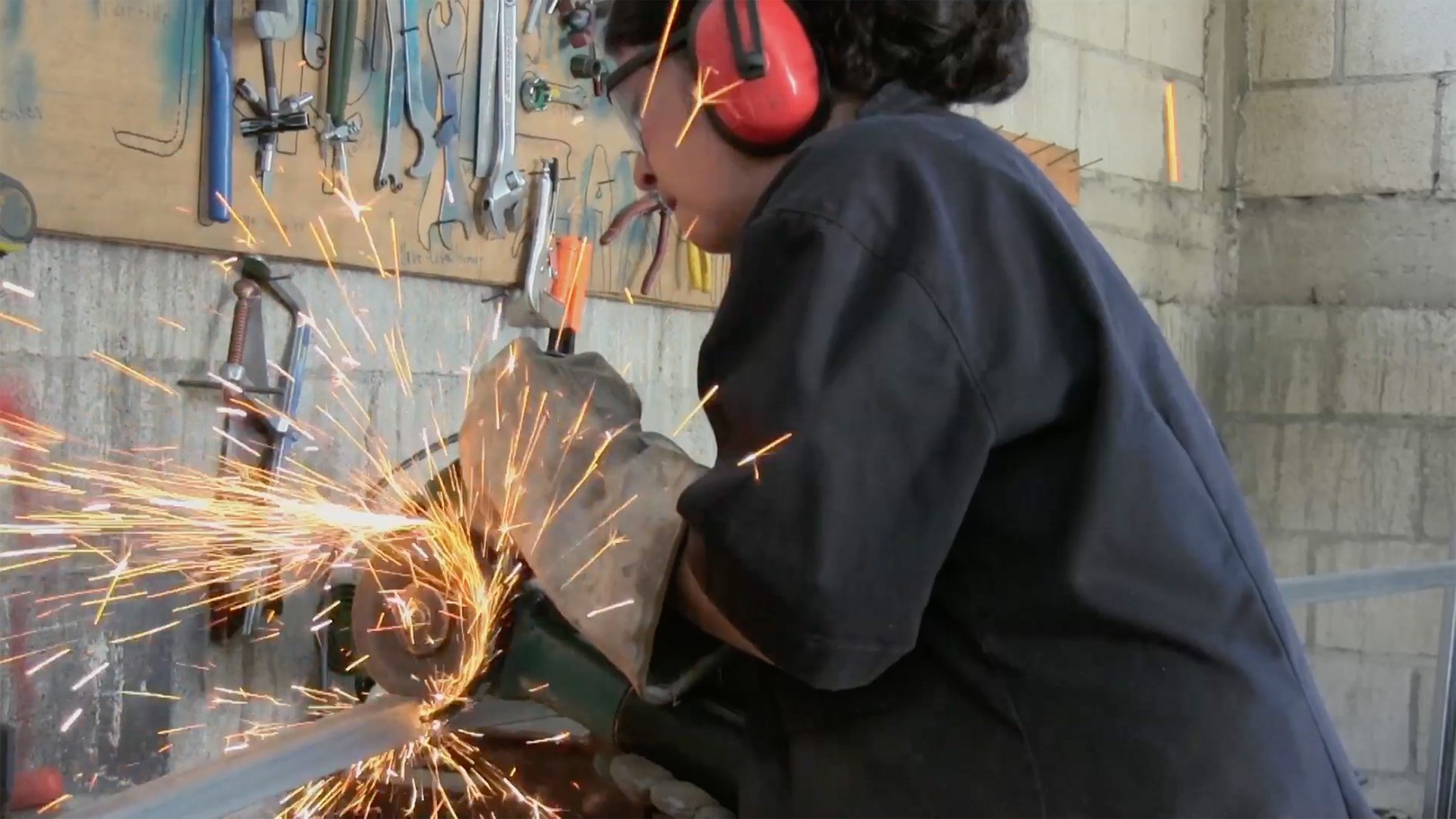'Ciclo de Cambio' is a short documentary video by Actuality Media.
Abstract: Moved by the lack of opportunity for women and youth in her community in El Salvador, Reina Molino ventures to Guatemala to study bici-maquinas (bicycle pedal-power technology). Leaving everything she knows behind, Reina embarks on an inspiring journey of self-empowerment and problem solving. Through the mentorship of Carlos (founder of the social enterprise Bici-Tec) and the friendship of Geovany, Reina seeks to find her life purpose and change the lives of people in her community.
Liz’s perspective... I’ve heard about Carlos Marroquin for years, but we haven’t yet had the opportunity to meet. I was excited to get another glimpse of him and his world at Bici-Tec. I love how passionate he is about solving problems experienced by rural women. I was super impressed by Reyna Molino’s initiative, bravery, and unwavering focus on supporting her community. She traveled all the way from her home in El Salvador to Guatemala for Carlos’ 6-week course in bici-maquinas. I got goosebumps when she said at the end she believes in herself and her potential to create things — especially when she said that all ideas are good, they just need to be brought to life. Reina's words should be a life motto… “If it’s difficult, do it. If it’s impossible, try it.”
Ta’s perspective... 'Ciclo de Cambio' is a beautiful portrait of how local innovators, like Carlos and Reyna, are leveraging pedal-powered technologies to build a more equitable society. These technologies, which repurpose bicycle parts, have shown to shift gender roles by enabling increased productivity, time savings and labor savings in activities which are traditionally done by women (like corn shelling). Carlos has seen in his own community in Guatemala the gender imbalance in agricultural work and care work, and Reyna has experienced this too in her community in El Salvador. This is the norm not only in Central America, but everywhere. The value of non-remunerated care work done by women around the world is equivalent to 300% the value of the global tech industry (Oxfam, 2020). Bici-technologies are an example of designing for equity. With this video, I hope you (like me) can be inspired by Carlos’ and Reyna’s drive to be change-makers in their communities, while also finding a new perspective on how technology can be a tool for equity.
